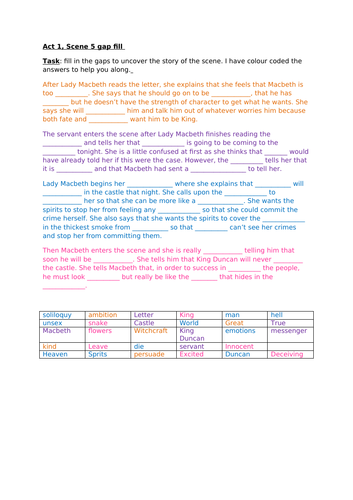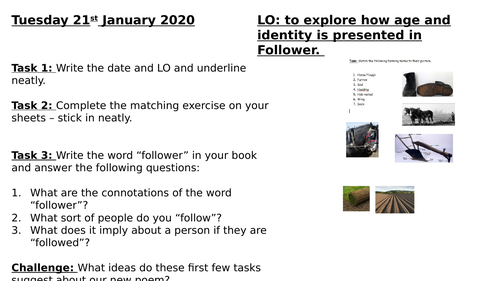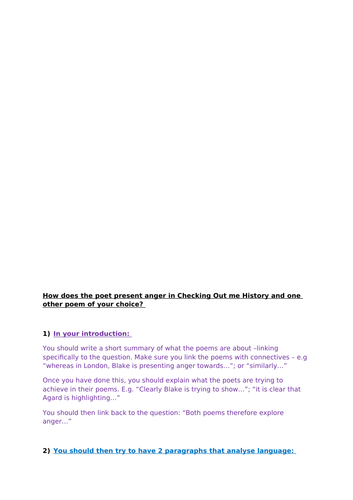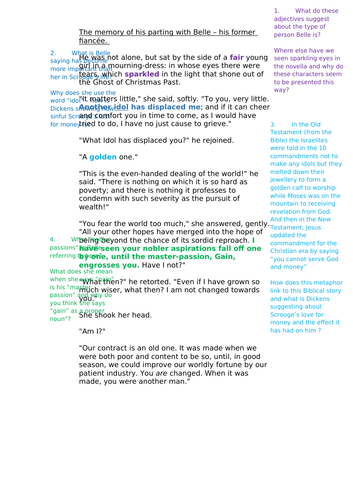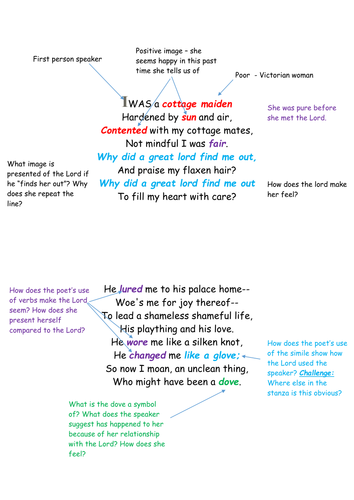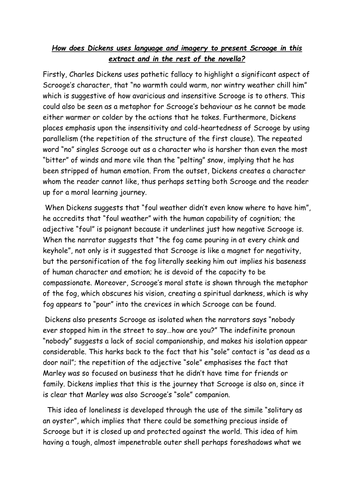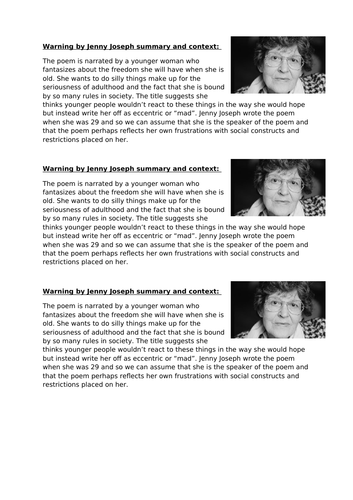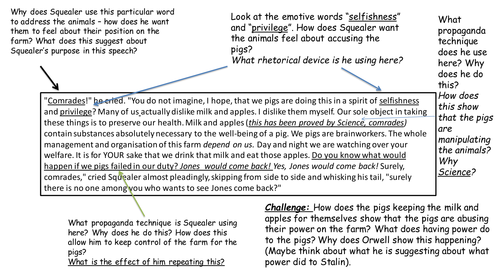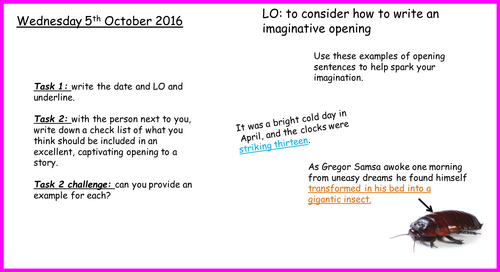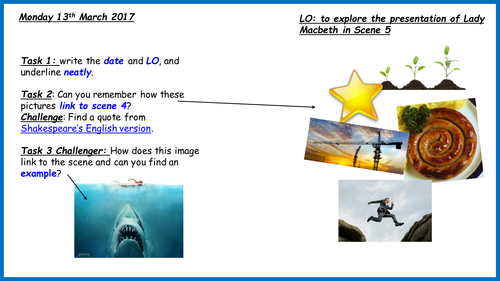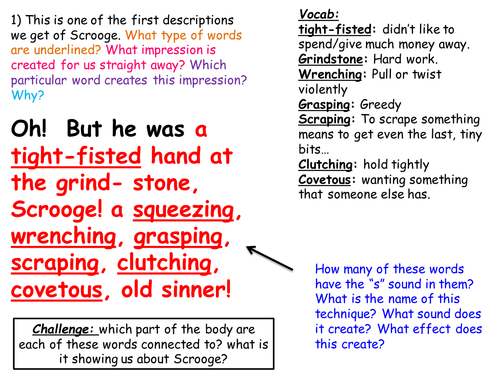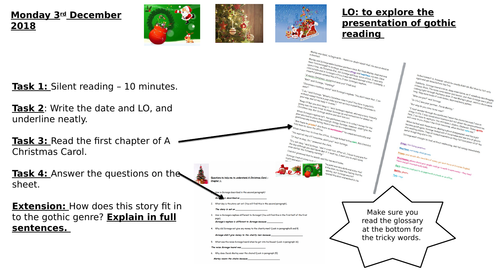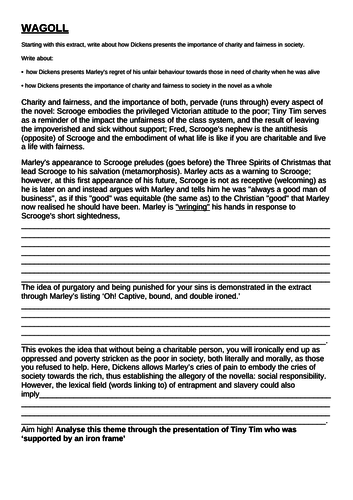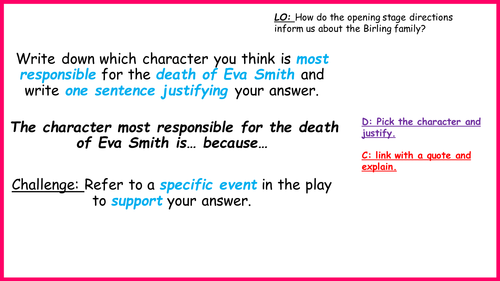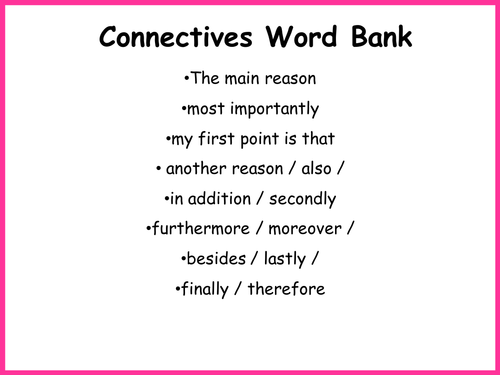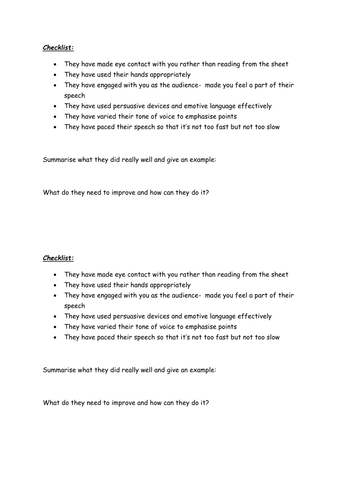
112Uploads
59k+Views
28k+Downloads
All resources

Low ability year 9 Lady Macbeth Act 1, Scene 5 analysis 9-1 AQA
A lesson exploring and analysing key ideas in Act 1, Scene 5. This lesson really supports low ability students in grasping the key concepts of this character.
I have also included a version of the grid with my teaching notes to help.
Starter is a gap fill after reading the scene - with a differentiated version for really weak students.
Prior to this lesson, I did a whole lesson on women in Tudor/Jacobean England - really helped with understanding this character in this lesson.

Low ability Y11 AQA 2017 A Christmas Carol Stave 3 Key extracts revision booklet
A booklet to enable teacher to lead students through stave 3 of ACC, with references to key context and focus questions.
Very chalk and talk, but necessary at this point.

Year 9 Poetry Follower Seamus Heaney
A lesson as part of the year 9 identity poetry scheme exploring Follower by Seamus Heaney.

Checking Out Me History and London comparison scaffold Power and Conflict AQA 2017
Here are 2 support sheets for writing a comparison essay between London and Checking Out Me History. Used with bottom set year 10.
The Hap sheet is designed to walk students through how to write a sophisticated essay - using advice given in my AQA examiner training.
The LAP sheet is similar, but has a writing frame for more support.
It covers the theme of anger - so a comparison of how both poets explore restriction; response to anger in both; one paragraph on structure.
Checking Out Me History and London comparison scaffold Power and Conflict AQA 2017

A Christmas Carol Analysis of Belle worksheet
A worksheet scaffolding the analysis of Belle in Stave 2

Scrooge A Christmas Carol GCSE Stave 1 and 2 model essay
A model essay looking at how Scrooge is presented in staves 1 and 2. Aimed at high ability

Year 9 Poetry Warning Jenny Joseph
A lesson exploring and analysing Warning by Jenny Joseph - also includes is the comparison lesson to Mirror.
Included: Lesson and model answers.

Year 8 (prep for new AQA 2017 GCSE) OMAM character analysis group work lesson Ch 2
Students exploring how characters are presented in Ch2, making links to context.
Put into 6 groups - nominate a group leader who can help to guide group - probably a HAP.
Rotate every 10 minutes.

Animal Farm AQA 9-1 Lesson 9 Analysing how propaganda is used in Squealer's speech ch 3Low ability
Lesson 9 of a scheme of learning about Animal Farm for new AQA. Low ability year 9.
In this lesson, students used a scaffolded and differentiated sheet to analyse Squealer's speech, and they then completed a 20 minute writing assessment answering the question:
How does Squealer uses propaganda in chapter 3 and how is this similar to Russian propaganda?
Peer assessment at the end.
This was an observed lesson graded outstanding.

Year 7 creative writing - effective openings
A lesson following the explore - model - try - apply method.
Effective openings - exploring different ways to open a story, and then having a go. Followed by 20 mins of focused writing of their own opening.
differentiation included.

AQA 9-1 Animal Farm Low Ability Y9 Lesson 14 - exploring chapter 6
A lesson exploring how the farm changes in chapter 6, and specifically at how Animalism is corrupted.
Most of slide 2 will be reading the chapter and employing guided questioning.

Year 9 Low Ability Macbeth AQA 9-1 Exploring the Captain's Speech Scene 2
A lesson exploring the presentation of Macbeth.
I try to drip feed them the context so that they know where to link. I also introduce them to new vocab each lesson too - and recap the next.
With this lesson, I annotated my own copy of the text.
I looked at how he is presented as an "eagle" and "lion" - like an apex predator- unbeatable.
Also, "cannons overcharged" - like a lethal weapon, ruthlessly attacking.
I also explored idea of a tragic flaw - character has to appear noble so that the downfall is even more shocking.
Challenge part of the lesson - how does Shakespeare perhaps subtly suggest that Macbeth has ability to be evil? "bathe in reeking wounds" and "Golgotha" quotes - suggest that he actually enjoys death, and takes pleasure in it. Killing the traitor was not just a task, but something he enjoyed - sadistic?
Those were the notes I used for the lesson.

AQA 9-1 Lady Macbeth presentation Act 1 Scene 5 Low ability Year 9 (2 lessons here)
Lesson plan notes.
Start off lesson recapping previous one where we had looked at scene 4 and learnt what dramatic irony was. Use of images to recap and check understanding. (answer notes beneath slide)
Information sheet on women in Jacobean England - read and consider references to where LM is different (knowledge from having watched film).
Read scene with context activity.
Students put in differentiated groups - with one HAP in each group to support - to look at quotes. Group one have easiest quotes - HAP to help develop.
Groups 3 and 4 - same quotes but opposite way round - this means if they only get one done, the other group have analysed the other in detail.
LSA works with group 2, teacher to work with group 1 and circulate with 3 and 4 from time to time to check progress and understanding.
Students to present their quotes - other groups to make notes around their text.

Low Ability Year 9 AQA 2017 A Christmas Carol Lesson 1 - intro to Scrooge
I started off by showing the group the Jim Carrey 2009 version of the film, and getting them to write notes about the plot.
This lesson, I put them into groups and they had to analyse the presentation of Scrooge, and then write about it.

Year 7 gothic A Christmas Carol easy read inference
A lesson beginning to look at indepedent inference with low ability year 7 - using A Christmas Carol as a stimulus.

Exploration of Jacob Marley Stave 1 A Christmas Carol AQA 2017
Lesson aimed at top set year 10
Exploring the presentation of Jacob Marley.
Extract with colour coded questions to enable indepenent analysis.

Year 10 An Inspector Calls Opening stage directions. VERY LOW ABILITY
exploring the opening stage directions - very weak class.

Year 7 persuasive writing unit - using voice and body for effect
Students completed a mid term assessment based around animal cruelty; they then practiced how to use their bodies and voices to make their speeches effective.

